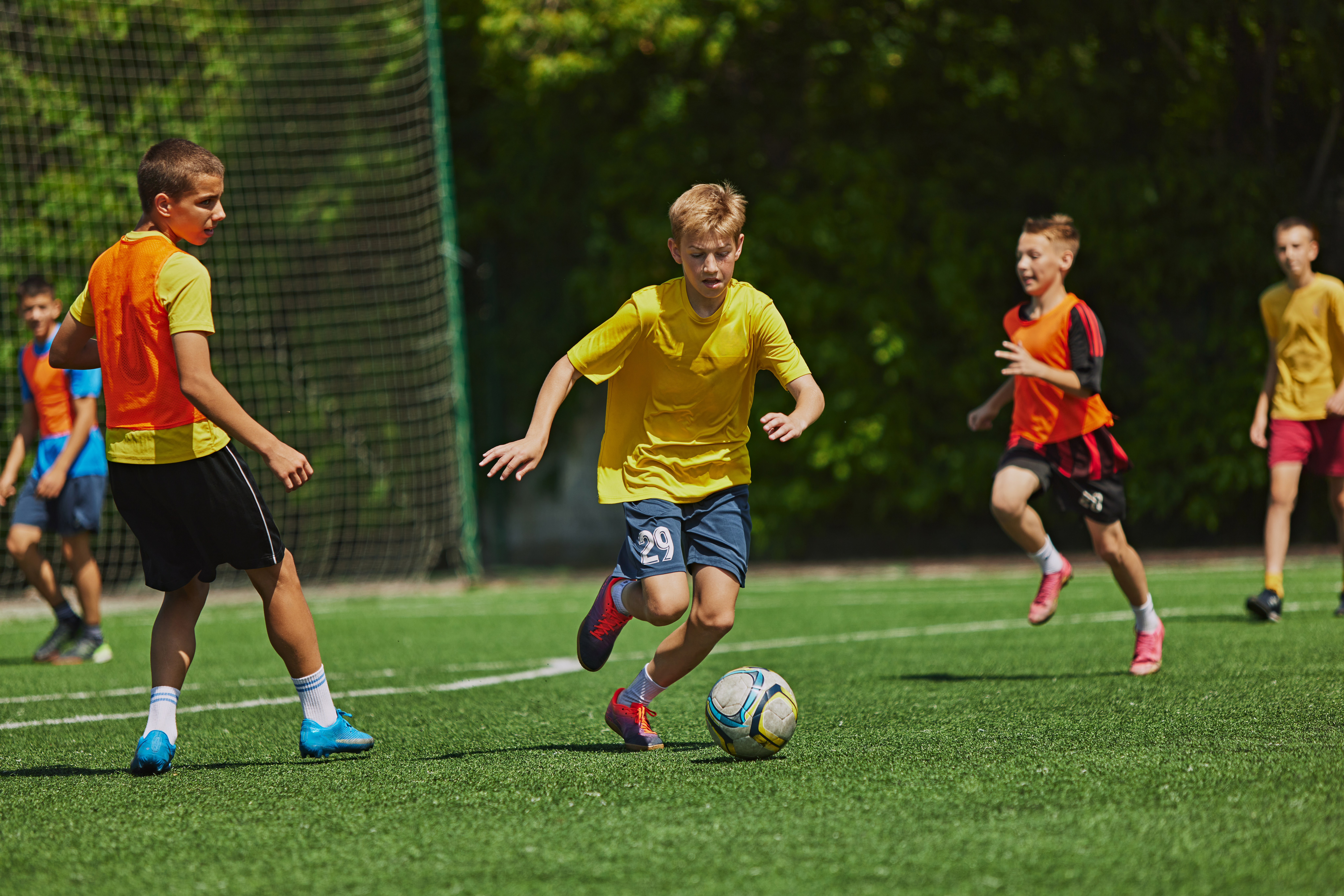Sport Policies
Policies are used to govern sport at all levels in Canada. Explore our resources below related to foundational policies that every sport organization should know.
Search Sport Policy Resources
Top 10 resources
- Canadian Sport Policy 2025-2035
- Canadian Sport Policy 2025-2035: Summary
- Future of Sport Commission
- Universal Code of Conduct to Address and Prevent Maltreatment in Sport
- Truth and Reconciliation Commission: Calls to Action
- 2019 Canadian High Performance Sport Strategy
- Canadian Sport Policy Renewal – What We Heard Report
- Canadian Sport Policy 2012
- Framework for Recreation in Canada
- Actively Engaged: A Policy on Sport for Women and Girls
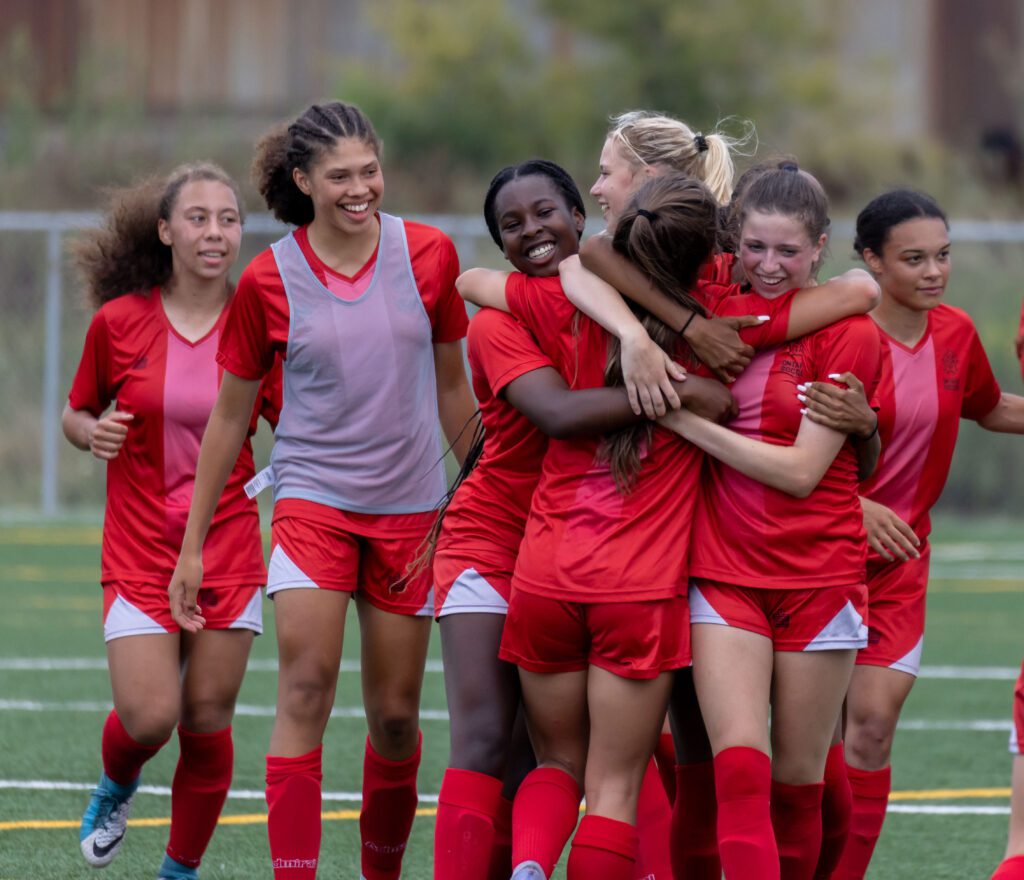
Featured resource
Sport, Physical Activity and Recreation Council
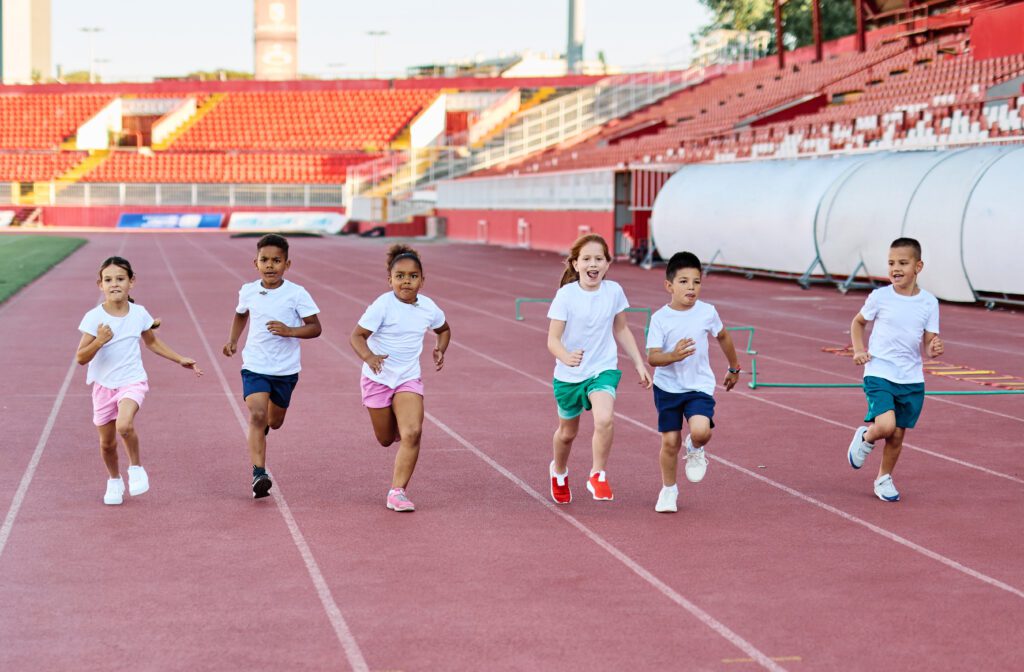
Featured resource
Sport, Physical Activity and Recreation Council
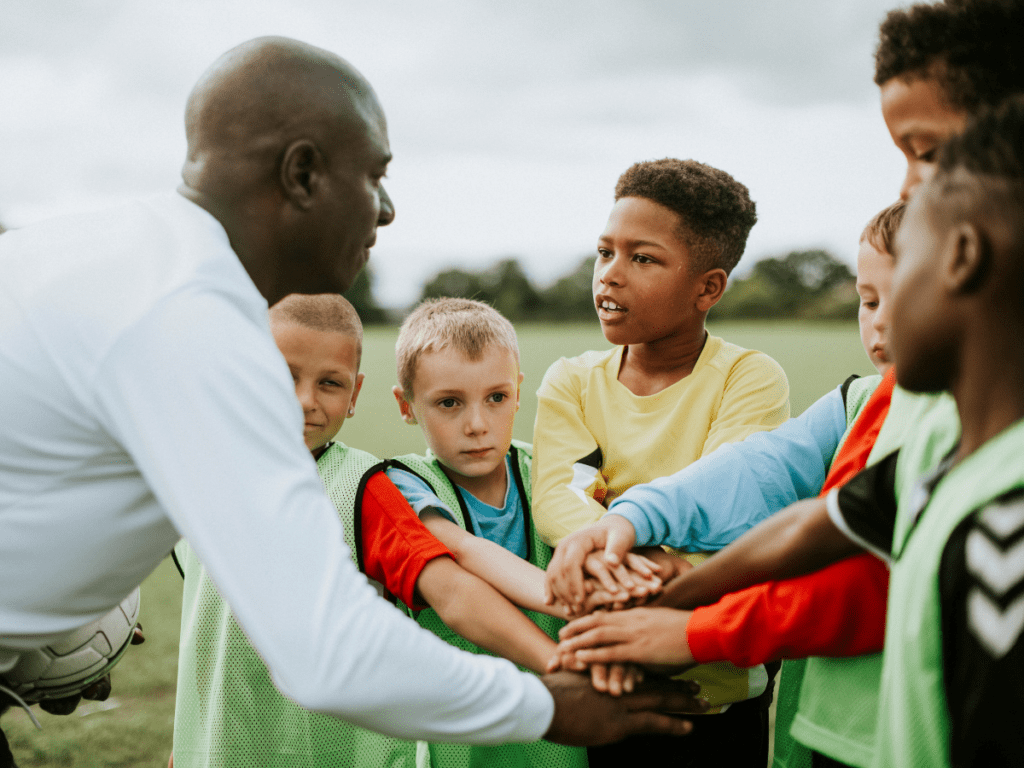
Featured resource
Sport, Physical Activity and Recreation Council
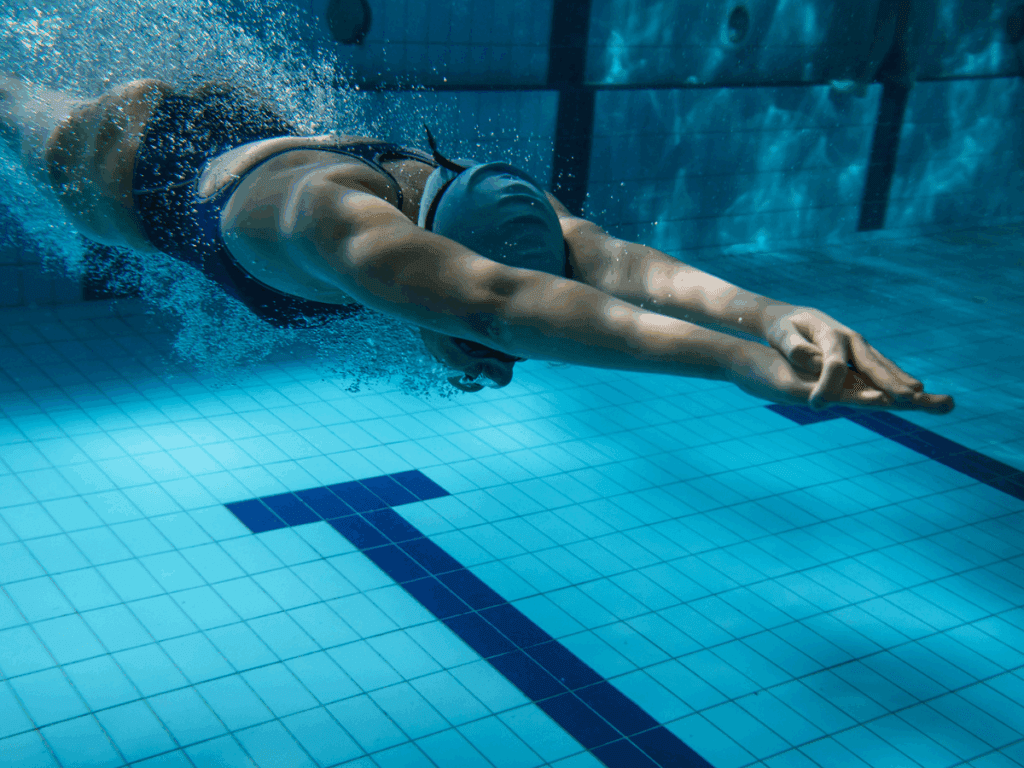
Featured resource
Sport, Physical Activity and Recreation Council
Quick Facts
Why are policies needed in sport?
Sport policies ensure fairness, safety, and inclusivity by providing clear rules on issues like athlete development, gender equity, and abuse prevention. They help organizations follow consistent practices, support ethical behavior, and make sport accessible to all. Policies also focus on safety measures, such as concussion management, and support long-term goals like reconciliation and inclusion of athletes with disabilities. These guidelines help manage and improve sports in a structured, organized way.
What is an FPT endorsed policy?
An FPT-endorsed policy is one that is agreed upon by federal, provincial, and territorial (FPT) governments in Canada. These policies promote a coordinated approach to key priorities in the sport sector. With FPT endorsement, the policies support consistency, shared goals, and collaboration across different government levels to develop, improve safety, and enhance inclusivity in sports nationwide.
What is the difference between a policy and a procedure?
A policy in a sport organization is a general rule or principle, like a policy that ensures fair play in all competitions. It explains what should be done and why, focusing on the broader goal.
A procedure gives detailed instructions on how to follow the policy. For example, the procedure for enforcing fair play might outline the steps for referees to report violations or how players are penalized for breaking the rules. It’s the “how” of making the policy work.
What is the purpose of the Canadian Sport Policy 2025-2035?
The Canadian Sport Policy 2025-2035 is endorsed by federal, provincial, and territorial (FPT) governments in Canada. The purpose of this Policy is to guide and inspire everyone to work together to create sport environments that focus on people, reflect shared values, and enhance the health and culture of Canada and its communities. Learn more.
How does the Universal Code of Conduct to Prevent and Address Maltreatment in Sport keep sport safe?
The Universal Code of Conduct to Prevent and Address Maltreatment in Sport (UCCMS) helps keep sport safe by setting clear rules against abuse, harassment, and discrimination. It provides guidelines for reporting and addressing harmful behavior, ensuring accountability. By promoting respect and fairness, it creates safer environments for athletes, coaches, and others involved in sports. The UCCMS also helps educate sport organizations on how to prevent and respond to maltreatment effectively.
What is the goal of the gender equity policy in Canada?
The goal of the gender equity policy for sport in Canada, Actively Engaged: A Policy on Sport for Women and Girls, is to create equal opportunities for all genders in sports by 2035. This involves increasing the participation of women and girls in all areas of sport, from athletes to leadership positions. It also aims to remove barriers like discrimination, improve access to resources and funding, and create safe, supportive environments for everyone. The policy promotes fairness and inclusion, ensuring that sports are accessible and equitable for all genders at all levels.
Is there a concussion policy in Canada?
Yes, Canada has a concussion policy that aims to improve concussion prevention, recognition, and management in sports. The policy provides guidelines for athletes, coaches, and sport organizations on how to prevent concussions, recognize symptoms, and safely manage recovery. This includes return-to-play protocols to ensure athletes don’t resume activity too soon after a concussion. The Canadian Concussion Guidelines are also supported by education programs to raise awareness and promote safety in sports at all levels.
Why is the Truth and Reconciliation Commission (TRC) important for sport organizations?
The Truth and Reconciliation Commission (TRC) is important for sport organizations because it encourages them to recognize the impacts of colonization on Indigenous communities and work toward repairing relationships. The TRC’s Calls to Action urge sport organizations to include Indigenous perspectives, foster participation, and promote healing through inclusive programs. By aligning with the TRC’s goals, sport organizations can help break down barriers, create opportunities for Indigenous athletes, and contribute to reconciliation, ensuring that sports are accessible and welcoming for all.
How does the Accessible Canada Act affect sport organizations?
The Accessible Canada Act impacts sport organizations by requiring them to identify and remove barriers that prevent people with disabilities from fully participating in sports. This includes ensuring accessible facilities, programs, and services. Sport organizations must make sure that athletes, coaches, and spectators with disabilities can equally access and enjoy sports environments. The act encourages inclusive practices and provides guidelines to promote accessibility at all levels of sport, contributing to a more equitable experience for people with disabilities.
Video Resources
The new Consensus statement on concussions in sport: What it means for sport leaders in Canada
- University of Calgary, Parachute Canada, and SIRC
- 2024
Sport Concussion Education Tools: What they are, who they’re for, and where to find them?
- Coaching Association of Canada, Laval University, University of Calgary, BC Children's Hospital, Children's Hospital of Eastern Ontario Research Institute, Ottawa Hospital Research Institute and SIRC
- 2024
Why sport organizations need an air quality policy
- Field Hockey Canada, Field Hockey Ontario, and SIRC
- 2022
Sport sector update: The Blue Card: A concussion management process for community rugby
- Rugby Canada, University of Toronto, and SIRC
- 2023
Sport sector update: Rule changes in action: How Taekwondo Canada is leading the way
- Taekwondo Canada and SIRC
- 2023
Knowledge Nuggets
knowledge nuggets
Supporting well-being after retirement from elite hockey
A recent scoping review found that retired hockey players report depressive symptoms at nearly twice the rate of active players, and higher than the general
A recent scoping review found that retired hockey players report depressive symptoms at nearly twice the rate of active players, and higher than the general population, due to loss of athletic identity and reduced social support. These findings highlight the need for proactive transition planning and targeted mental health supports post-career.
knowledge nuggets
Why clear definitions of maltreatment matter in sport
A recent scoping review led by researchers at the University of Toronto and University of Calgary shows that inconsistent definitions of athlete maltreatment are limiting
A recent scoping review led by researchers at the University of Toronto and University of Calgary shows that inconsistent definitions of athlete maltreatment are limiting efforts to prevent harm. By mapping 30 years of research, this work lays the groundwork for national tools to better protect athletes.
knowledge nuggets
Official languages in Canadian sports
In Canada, national sport organizations must have a clear Official Languages Policy to ensure they meet bilingual requirements for communications, programs, services and competitions. This
In Canada, national sport organizations must have a clear Official Languages Policy to ensure they meet bilingual requirements for communications, programs, services and competitions. This policy needs to align with contribution agreements and be reviewed regularly to stay effective. Customizing these guidelines helps organizations meet Canada’s bilingual needs.
knowledge nuggets
Official languages in Canadian sports
In Canada, national sport organizations must have a clear Official Languages Policy to ensure they meet bilingual requirements for communications, programs, services and competitions. This
In Canada, national sport organizations must have a clear Official Languages Policy to ensure they meet bilingual requirements for communications, programs, services and competitions. This policy needs to align with contribution agreements and be reviewed regularly to stay effective. Customizing these guidelines helps organizations meet Canada’s bilingual needs.
knowledge nuggets
Barriers and facilitators to coaching certification in Canada
Coaches report many barriers associated with certification in Canada including the time-consuming process, inaccessibility of locations and expense of courses. Many coaches do not perceive
Coaches report many barriers associated with certification in Canada including the time-consuming process, inaccessibility of locations and expense of courses. Many coaches do not perceive certification to be career advancing. SIRC interviewed Joseph Gurgis, Assistant Professor at Nipissing University, about what promotes versus what deters coaching certification in Canada.
knowledge nuggets
Diversity in sport
Sport policies and programs have placed increased emphasis on encouraging diversity within clubs and organizations over the last several years. Yet, change has been slow.
Sport policies and programs have placed increased emphasis on encouraging diversity within clubs and organizations over the last several years. Yet, change has been slow. In this article, researchers examine the mindsets at play underlying conscious or unconscious resistance to increased diversity in sport organizations, and include practical tips to address resistance.
knowledge nuggets
The future of inclusion
Canadian sport organizations develop governing documents and policies as a roadmap to the desired state of operation within their organization. But implementation of this roadmap
Canadian sport organizations develop governing documents and policies as a roadmap to the desired state of operation within their organization. But implementation of this roadmap can be a challenge. Equity, diversity and inclusion are necessary to see meaningful change, especially at the community level where the vast majority of Canadians participate in sport. Effecting grassroots change can help ensure all Canadians can access safe, quality sport and feel that they belong.
knowledge nuggets
Evolving sport policies
In recent years, increased awareness of racism and discrimination brought throughout society and within the sport sector have forced a necessary reflection on policies and
In recent years, increased awareness of racism and discrimination brought throughout society and within the sport sector have forced a necessary reflection on policies and practices. As the understanding of equity, diversity, and inclusion evolves, examining the past and the present of Canadian sport policies and programs can shed light onto the future of inclusion in sport.
More Sport Policies resources
|
|
|
|
|
|
|
|
|
|
|
|
|
|
